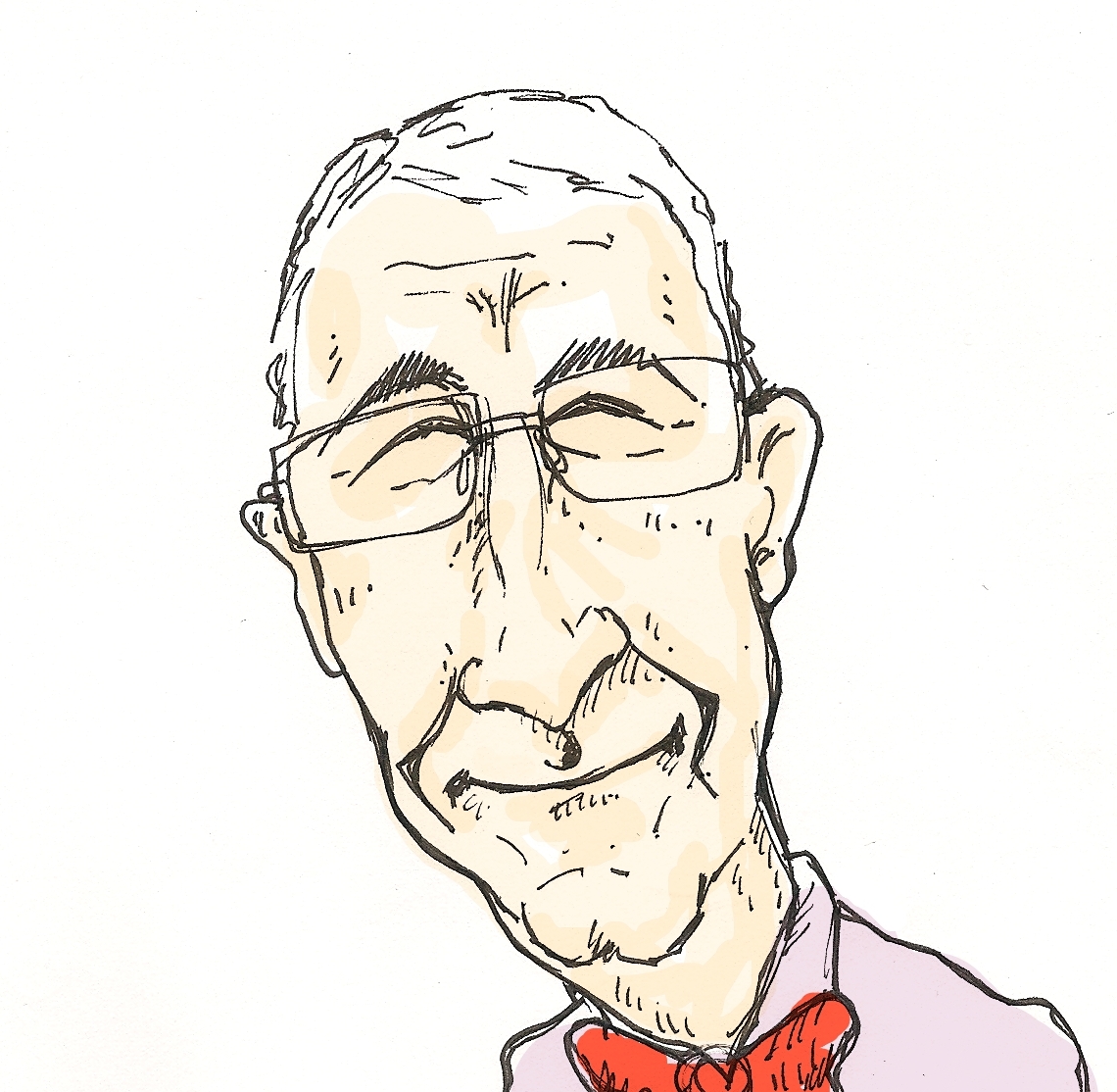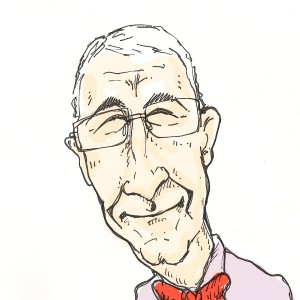
27.8K
Downloads
1155
Episodes
Mainly about writing for publication in nursing and health covering writing methods, publishing standards, publication ethics and recent developments in the academic publishing industry. Recently I added readings of selected general articles on politics, the pandemic and free speech issues. If you like it (no obligations) buy me a coffee: https://www.buymeacoffee.com/rwatson1950
Episodes

Wednesday Feb 23, 2022
NCUP Annual Lecture 2022 Mike Watts 23 February 2022 ‘My family and other dyscientics’
Wednesday Feb 23, 2022
Wednesday Feb 23, 2022
NCUP Annual Education Lecture
10.00 am 23 February 2022 (by Zoom) . To be followed by the NCUP AGM at 11.15.
‘My family and other dyscientics’
By Professor Mike Watts, Department of Education, College of Business, Arts and Social Science, Brunel University, London
In this lecture I introduce both members of my family and the term dysciencia. I intend by dysciencia a description of people troubled by understanding science concepts and processes: persistent troubles that can lead to a diverse range of difficulties with accessing broad issues in science. I use the term ‘people’ to cover both students involved in formal institutional education and members of the general public engrossed in their less structured science lives. Science learning difficulties are certainly not in their infancy and are very prevalent – perhaps not, though, discussed in exactly this way before. Such ‘science difficulties’ might best be thought of as a continuum, not a distinct category, along which lie many causal issues, social factors, dispositions, motivations, preferences, and I see such difficulties as occurring across ages and abilities.
I look at the possibility of dysciencia from three viewpoints: (i) from the perspective that, for some people, science appears to be an entirely ‘other’ world, its arguments and processes are wholly foreign, unfathomable and, consequently, simply cannot be penetrated – and, therefore, with little point in trying to do so; (ii) for some, the cognitive effort of engaging with science is simply too great, there is far too much cognitive ‘heavy lifting’ to be done to merit interaction with scientific matters at all. I speculate on a number of reasons for why people might fall into this dyscientic grouping and explore these within the limits of the presentation. I also explore (iii), the nature of explanation, the role of the adept science educator in being ‘audience sensitive’.
In my discussion, I draw on data from a range of research projects over time, none of which were specifically designed to identify or delineate dysciencia. Rather, my available data has accumulated through conversations, discussions, debates and some research interviews with children, students, colleagues, family, friends and neighbours – among many others. Any work specifically on dysciencia is yet to happen. I draw on a number of theories to explore the ways in which people develop their ideas in science and reach the unexceptional conclusions that learning science is not a straightforward business, there is seldom a clear and direct line between input and output, that explicating people’s thinking through ‘talking’ science is a complex affair and – possibly – that dysciencia is one way of looking at ‘science refusniks’.

No comments yet. Be the first to say something!